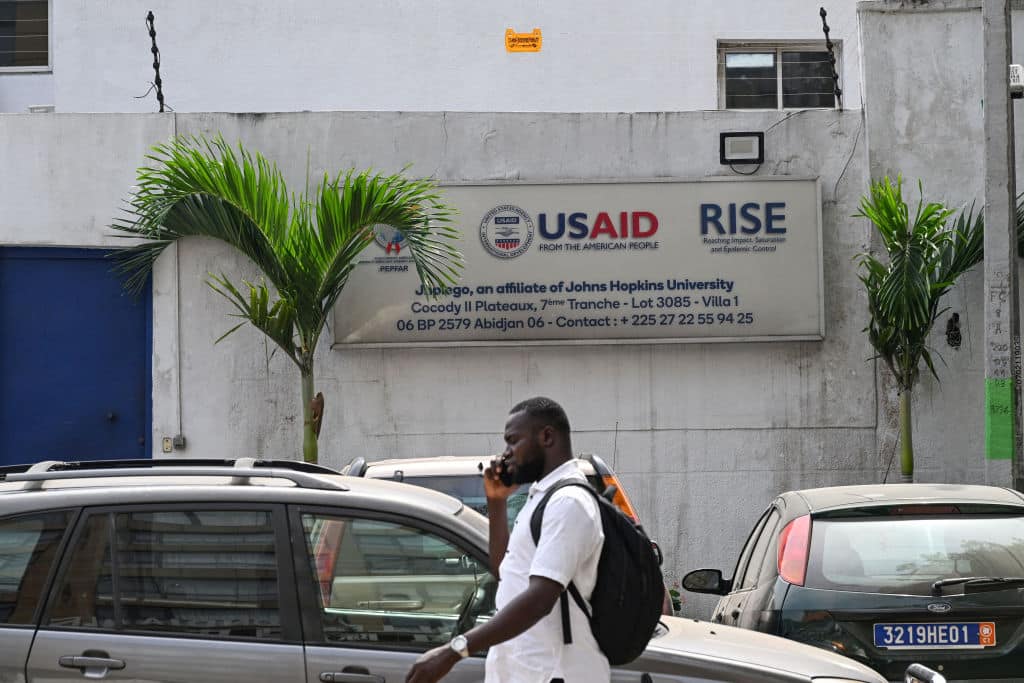
The U.S. is refocusing its strategy in Africa, emphasizing commercial deals over traditional aid, a senior State Department official announced on Thursday. This shift comes as President Donald Trump’s administration seeks to eliminate trade deficits and promote mutual prosperity on the continent.
Troy Fitrell, Senior Bureau Official for African Affairs, highlighted that U.S. ambassadors in Africa will now be evaluated based on trade agreements rather than aid expenditures. “Commerce is an exchange between equals, while assistance is a donor-recipient dynamic,” he stated during the launch of the new policy in Ivory Coast.
In its first 100 days, the Trump administration oversaw 33 agreements worth $6 billion, marking a significant step in this new direction, Fitrell added. He emphasized that “trade, not aid,” which had been a slogan for years, is now central to U.S. policy in Africa.
Despite U.S. exports to sub-Saharan Africa representing less than 1% of total U.S. trade, the administration remains committed to competing with China and Russia for influence over critical sectors, especially minerals. This includes a $550 million U.S. loan for the Lobito rail corridor, aimed at bypassing China-controlled trade routes.
The U.S. also faces growing competition from China, with a recent $652 million loan to Nigeria for infrastructure projects. In response, the U.S. aims to make commercial diplomacy a priority, encourage business-friendly reforms in key countries, and back essential infrastructure projects, not “vanity projects.” Additionally, Washington plans to focus on business-only diplomatic missions, match U.S. firms with African ventures, and improve financing tools for faster, more flexible funding.
While the shift has been met with praise from some, global aid organizations have criticized the U.S. for cutting aid to Africa, arguing that it endangers the most vulnerable populations.
